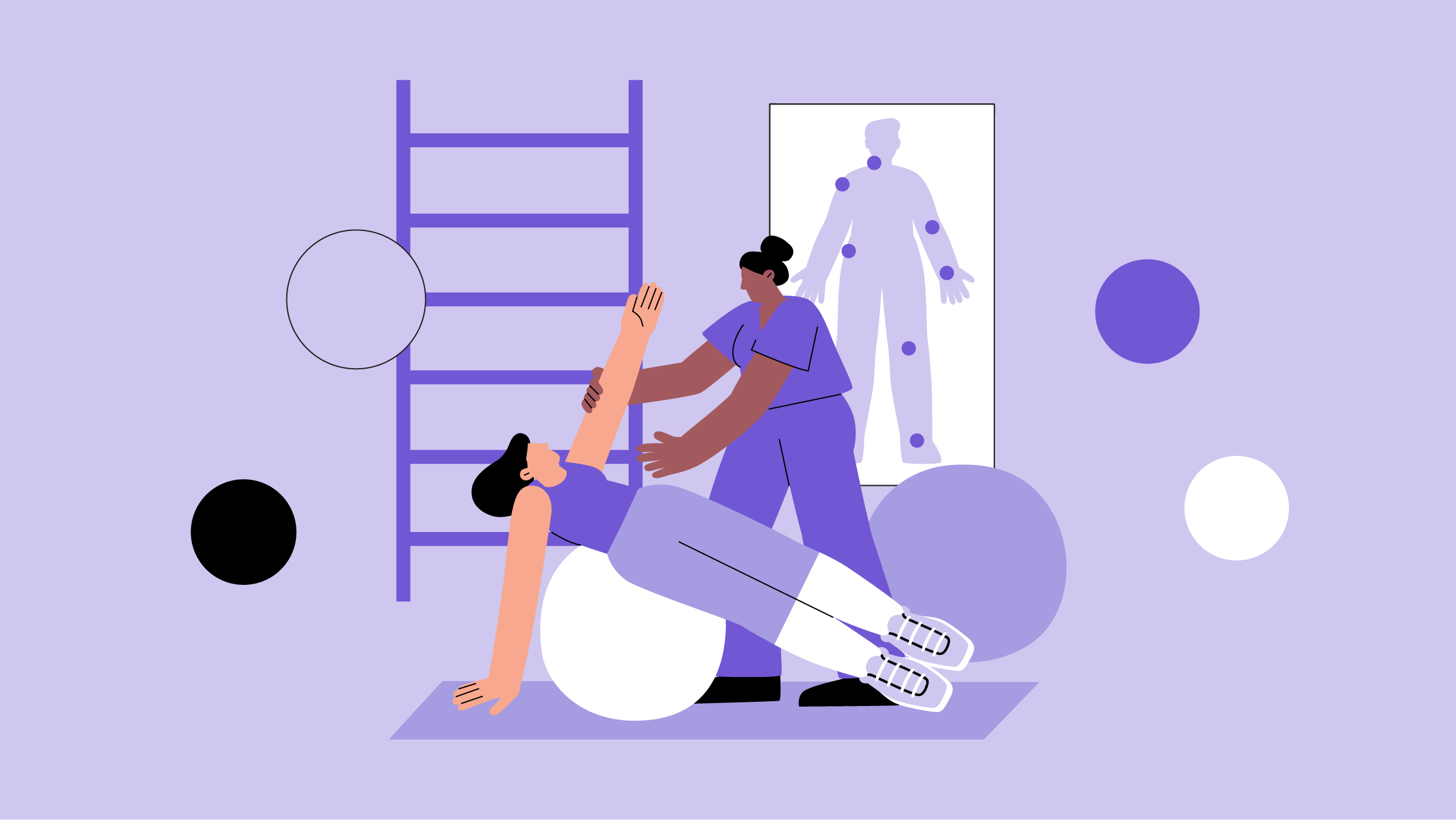What should I tell my care team before I take this medication?
They need to know if you have any of these conditions:
- Bowel blockage
- Cancer
- Constipation
- Dementia
- Diabetes
- Glaucoma
- Have trouble controlling your muscles
- Heart disease
- High cholesterol
- History of irregular heartbeat
- History of stroke
- Kidney disease
- Liver disease
- Low blood cell levels (white cells, red cells, and platelets)
- Low blood pressure
- Parkinson disease
- Prostate disease
- Seizures
- Tobacco use
- Trouble passing urine
- Trouble swallowing
- An unusual or allergic reaction to clozapine, other medications, foods, dyes, or preservatives
- Pregnant or trying to get pregnant
- Breastfeeding
What may interact with this medication?
Do not take this medication with any of the following:
- Cisapride
- Dextromethorphan; quinidine
- Dronedarone
- Mesoridazine
- Metoclopramide
- Pimozide
- Quinidine
- Thioridazine
This medication may also interact with the following:
- Alcohol
- Antihistamines for allergy, cough, and cold
- Atropine
- Bupropion
- Caffeine
- Carbamazepine
- Certain antibiotics, such as ciprofloxacin, enoxacin, erythromycin, moxifloxacin
- Certain medications for anxiety or sleep
- Certain medications for bladder problems, such as oxybutynin or tolterodine
- Certain medications for cancer
- Certain medications for depression, such as amitriptyline, fluoxetine, sertraline
- Certain medications for fungal infection, such as fluconazole, itraconazole, ketoconazole, posaconazole
- Certain medications for irregular heart beat, such as amiodarone, dofetilide, encainide, flecainide, propafenone, sotalol
- Certain medications for Parkinson disease, such as levodopa
- Certain medications for stomach problems, such as dicyclomine or hyoscyamine
- Certain medications for travel sickness, such as scopolamine
- Cimetidine
- Cyclobenzaprine
- Dolasetron
- Droperidol
- Estrogen and progestin hormones
- General anesthetics, such as halothane, isoflurane, methoxyflurane, propofol
- Ipratropium
- Lithium
- Medications for blood pressure
- Medications for seizures
- Medications that lower your chance of fighting infection
- Medications that relax muscles
- Mefloquine
- Methadone
- Other medications that cause heart rhythm changes
- Pentamidine
- Phenothiazines, such as perphenazine or prochlorperazine
- Rifampin
- St. John's wort
- Tacrolimus
- Terbinafine
- Ziprasidone
This list may not describe all possible interactions. Give your health care provider a list of all the medicines, herbs, non-prescription drugs, or dietary supplements you use. Also tell them if you smoke, drink alcohol, or use illegal drugs. Some items may interact with your medicine.
What should I watch for while using this medication?
Visit your care team for regular checks on your progress. Tell your care team if your symptoms do not start to get better or if they get worse.
Do not suddenly stop taking this medication. You may develop a severe reaction. Your care team will tell you how much medication to take. If your care team wants you to stop the medication, the dose may be slowly lowered over time to avoid any side effects.
This medication may cause serious skin reactions. They can happen weeks to months after starting the medication. Contact your care team right away if you notice fevers or flu-like symptoms with a rash. The rash may be red or purple and then turn into blisters or peeling of the skin. You may also notice a red rash with swelling of the face, lips, or lymph nodes in your neck or under your arms.
You must have a weekly blood test when you first begin this medication. If your blood counts stay in the right range, your tests may be reduced after 6 months to every other week. Your name will go on a national registry of patients who take this medication, to make sure that you have never had a serious reaction to it.
This medication can cause constipation. Talk to your care team if you have bowel movements less often than usual or if you have less than 3 bowel movements per week. Call your care team if stool is hard or dry, or if you have trouble passing gas. Contact your care team right away if you have nausea, vomiting, or belly swelling or pain. Drink plenty of water.
This medication may affect your coordination, reaction time, or judgment. Do not drive or operate machinery until you know how this medication affects you. Sit up or stand slowly to reduce the risk of dizzy or fainting spells. Drinking alcohol with this medication can increase the risk of these side effects.
Do not treat yourself for colds, fever, diarrhea, or allergies. Some nonprescription medications may increase possible side effects, so ask your care team for advice before using them.
This medication may increase blood sugar. Ask your care team if changes in diet or medications are needed if you have diabetes.
If you smoke, tell your care team if you notice this medication is not working well for you. Talk to your care team if you decide to stop smoking.
If you are going to have surgery tell your care team that you are taking this medication.
This medication can cause problems with controlling your body temperature. It can lower the response of your body to cold temperatures. If possible, stay indoors during cold weather. If you must go outdoors, wear warm clothes. It can also lower the response of your body to heat. Do not overheat. Do not over-exercise. Stay out of the sun when possible. If you must be in the sun, wear cool clothing. Drink plenty of water. If you have trouble controlling your body temperature, call your care team right away.
What are the most serious risks of this medication?
This medication can decrease white blood cell levels in your body. White blood cells help protect your body from infection. Your care team will check your blood cell levels while you are taking this medication. Talk to your care team right away if you have symptoms of an infection, such as fever, chills, cough, sore throat, or general feeling of discomfort or being unwell.
This medication should not be used to treat mood and behavior changes caused by dementia. It may increase the risk of death in older adults with dementia.
This medication may cause heart inflammation. Talk to your care team right away if you have weakness or fatigue, shortness of breath, chest pain, a fast or irregular heartbeat, dizziness, or swelling of the ankles, feet, or hands.
This medication may cause heart muscle disease. This makes it hard for your heart to pump blood to the rest of your body. Talk to your care team right away if you have weakness or fatigue, shortness of breath, swelling of the ankles, feet, or hands, or sudden weight gain.
This medication can cause a slow heartbeat. It can also cause a sudden drop in blood pressure when you stand up. This can make you dizzy or lightheaded and may cause you to faint or fall. The risk is increased in people with heart or blood vessel conditions. Dehydration and taking other medications that may lower your blood pressure may also increase the risk. Your care team will have you start with a small dose and then slowly increase it. Talk to your care team right away if you feel dizzy, faint or lightheaded, weak, confused, or have chest pain or trouble breathing.
This medication may cause seizures. The risk is increased in people who have had seizures before or have health problems that may cause them to have seizures. High doses of this medication may also increase the risk. Your care team will have you start with a small dose and then slowly increase it. It is important to be careful when doing activities where a sudden loss of consciousness could be dangerous, like driving or swimming. Talk to your care team if you have questions or concerns.








